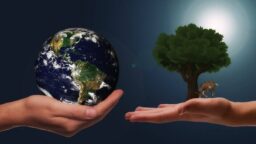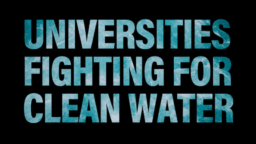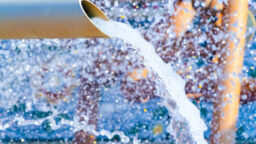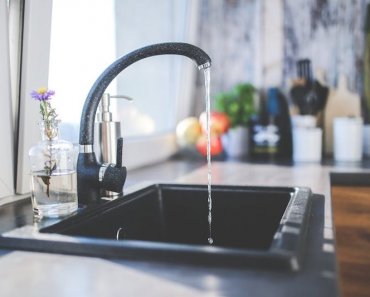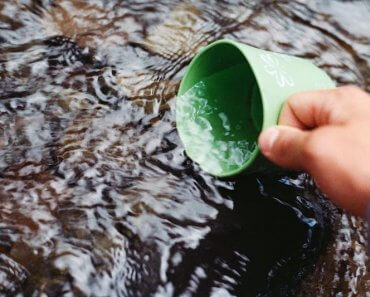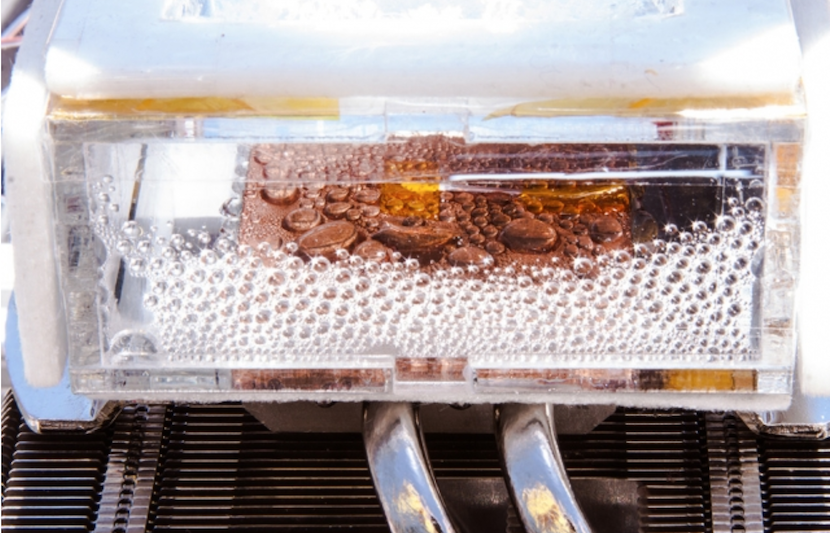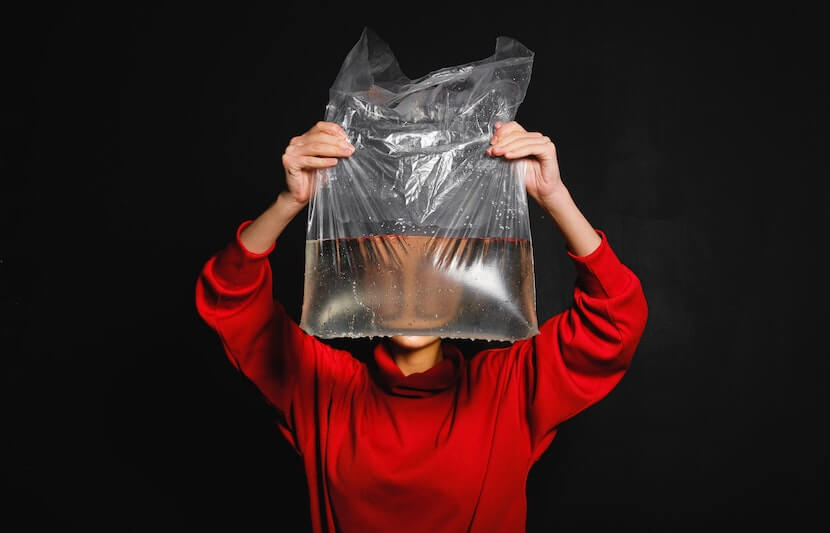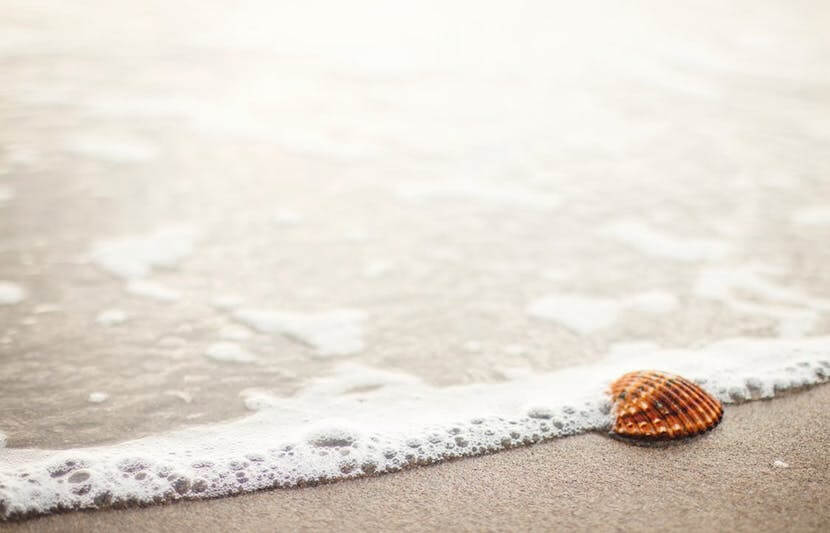-
How Universities, Students Can Help the World Achieve SDGs by 2030
For years, the United Nations and its member states have been striving to create a world that is more economically, socially and environmentally sustainable for all. In 2015, they set 17 specific goals, named the “Sustainable Development Goals” (SDGs), and provided the world’s countries with guidance on how to achieve them by 2030. The goals,… Read More
-
The Amazon Is Burning: 4 Essential Reads on Brazil’s Vanishing Rainforest
Nearly 40,000 fires are incinerating Brazil’s Amazon rainforest, the latest outbreak in an overactive fire season that has charred 1,330 square miles of the rainforest this year. Don’t blame dry weather for the swift destruction of the world’s largest tropical forest, say environmentalists. These Amazonian wildfires are a human-made disaster, set by loggers and cattle… Read More
-
Universities Are Fighting for Clean Water for All
Let us use our imagination. Three hours of walking into the Kenyan desert, but somehow, your surroundings haven’t changed. The same endless, barren land, the same piercing heat, the same girl marching in front of you with her battered water buckets rattling as they hit against each other. Suddenly, all the girls in front of… Read More
-
How to Make Water Issues Matter to World Leaders
In December 1992, the UN General Assembly declared 22 March World Water Day, to be celebrated each year. With increasing populations and economic activities, many countries face water scarcity – which in turn limits their economic development. Sadly, not a single World Water Day over the past 25 years has focused on how water could… Read More
-
Small Streams and Wetlands Are Key Parts of River Networks – Here’s Why They Need Protection
The Trump administration is proposing to redefine a key term in the Clean Water Act: “Waters of the United States.” This deceptively simple phrase describes which streams, lakes, wetlands and other water bodies qualify for federal protection under the law. Government regulators, landowners, conservationists and other groups have struggled to agree on what it means… Read More
-
Clean Water Act Dramatically Cuts Pollution, but at What Cost?
The 1972 Clean Water Act has significantly improved the quality of water in the U.S., but the costs of the act are outweighing the measured benefits, a recent study finds. The Clean Water Act is noted as one of the greatest successes of all time in environmental law. Fifty years ago, the Cuyahoga River was… Read More
-
Smartphone System Can Detect Lead in Water
Researchers from the Cullen College of Engineering at the University of Houston have developed a novel system that makes it possible to detect lead in drinking water using a smartphone. The device is both low-cost and reusable, and may be available to consumers in the future. “We were inspired by the water crisis that happened… Read More
-
Flushing Your Contact Lenses Is Killing the Environment
There has been a lot of publicity surrounding the ill-effects of single-use plastics on the environment, but now the finger is pointed at a new pollutant — contact lenses. Researchers from Arizona State University (ASU) have determined that flushing or throwing contact lenses down the drain is harming animals, humans and the environment. If lenses… Read More
-
The Widespread Effort to Solve the Global Water Crisis
As climate change, pollution and population levels are on the rise, humanity is at risk of depleting its most necessary resource — freshwater. The issue is so severe that by 2025, 1.8 billion people are expected to live in areas with absolute water scarcity, and ⅔ of the world could be under water-stressed conditions, the… Read More
-
How AI Could Protect Your Next Cup of Water
A team of researchers at the University of Waterloo in Canada has developed an artificial intelligence (AI) technology to help guard our water supplies from toxins. “It’s critical to have running water, even if we have to boil it, for basic hygiene,” Monica Emelko, a professor of civil and environmental engineering at Waterloo and co-author… Read More
-
Desalinating Brackish Groundwater Can Help Alleviate Water Crisis
Climate change models and population growth point to increasing scarcity of fresh water supplies, but new research suggests that desalinating brackish groundwater could help relieve the issue. Conducted by MIT researchers, the study provides an in-depth analysis on the amount of energy required to desalinate various compositions of brackish groundwater and its potential uses in… Read More
-
Beetles and Plants Inspire Efficient Water-Harvesting Technology
A team of researchers from the University of Texas at Dallas and Penn State University has developed a surface that can rapidly collect water molecules from fog and air vapor and direct them toward a reservoir along lubricated microgrooves. The researchers drew inspiration for the design of their “hydrophilic directional slippery surface,” or SRS, from… Read More
-
Study Proves MIT Device Can Extract Water From Dry Air
In recent field tests, MIT researchers have proven that their new device can indeed pull water from desert air. This new device, powered by sunlight, would be a godsend to areas with hot arid climate and drought-stricken regions around the world once the researchers scale up their technology. The study is published in the journal… Read More
-
Re-Using Plastic to Remove Harmful Pollutants in Wastewater
A team of researchers has developed a method to re-use common plastics to break down other harmful pollutants found in wastewater. This method tackles two grave pollution issues at once: plastic pollution that threatens our ecosystems and presence of carcinogenic synthetic dyes in wastewater. The team’s method portrays how polystyrene, a plastic frequently seen in… Read More
-
Northeastern University Researchers Remove Salt From Seawater Using Nanotubes
Current desalination processes are expensive, energy-intensive, and involve large-scale facilities. Now, however, researchers from Northeastern University have discovered a method that could make the process of removing salt from seawater easier, faster and cheaper. The new method will help alleviate concerns about viable water resource as the global population continues to grow. Meni Wanunu, associate… Read More

clean water
-
How to Make Water Issues Matter to World Leaders
In December 1992, the UN General Assembly declared 22 March World Water Day, to be celebrated each year. With increasing populations and economic activities, many countries face water scarcity – which in turn limits their economic development. Sadly, not a single World Water Day over the past 25 years has focused on how water could… Read More
-
Small Streams and Wetlands Are Key Parts of River Networks – Here’s Why They Need Protection
The Trump administration is proposing to redefine a key term in the Clean Water Act: “Waters of the United States.” This deceptively simple phrase describes which streams, lakes, wetlands and other water bodies qualify for federal protection under the law. Government regulators, landowners, conservationists and other groups have struggled to agree on what it means… Read More

